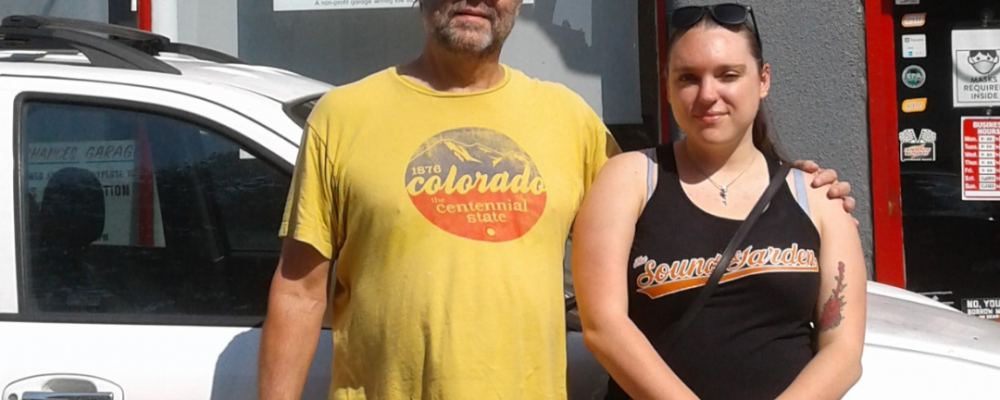There’s no question that the best reason to donate a car is the satisfaction of helping a charity that does work you believe in. Some charities sell donated cars and use the proceeds to fund programs. Others use them as transportation for their organization or give the car to an individual or family in need. Regardless of how the charity uses your car, you may realize the numerous benefits on your taxes. But before you donate a car, it is best to consult your accountant. They can help you plan for next tax season by determining how it’s financially beneficial for you to do so and explaining everything you’ll need to claim it.
You should know some things before donating your car to a charity.
1. Is the charity legitimate and transparent? Don’t get scammed! Be sure the charity is a 501(c)(3) and can receive tax-deductible donations. If you’re unsure about the organization’s status, you can consult your accountant or search the IRS tax-exempt organization database.
The charity should be completely transparent when it comes to how they will use your donation or the money they realize from selling it. If it is vague about its purpose and impact or it’s not listed in the IRS database, those are red flags that it is not legitimate. Your accountant can also advise you about what to look for.
2. How much can you claim? It depends. If the charity keeps the car for its use or sells it at a significantly discounted rate to an individual or family in need, you can claim a tax deduction for its fair market value. If they sell it for less than $500, you can claim the fair market value up to $500. If it sells for more than that, you can claim the exact amount for which it is sold. To determine fair market value, consult Kelley Blue Book, Edmunds, or NADAguides.
3. What documentation do you need? Immediately after you’ve donated the vehicle, the charity should give you a receipt that includes your name, the car’s identification number, the date of the donation, and confirmation that you didn’t receive any goods or services in exchange for the donation.
Additionally, you will be provided a Form 1098-C, which includes additional information such as its gross proceeds from the sale once it has been sold. You’ll also need to report your deduction on your Schedule A. Lastly, most people must complete Form 8283 if your car donation deduction is more than $500. We always advise asking your accountant for assistance to determine what forms need to be completed for your specific taxes.
Second Chances Garage
When you donate a car to Second Chances Garage, you are helping a Frederick County, Maryland individual or family access food, education, healthcare, and employment opportunities. While you’re preparing your taxes for this year, consider making a donation to Second Chances Garage to claim next year. Read some of our recipient stories to learn more about Second Chances Garage’s impact and please consider donating your car!





